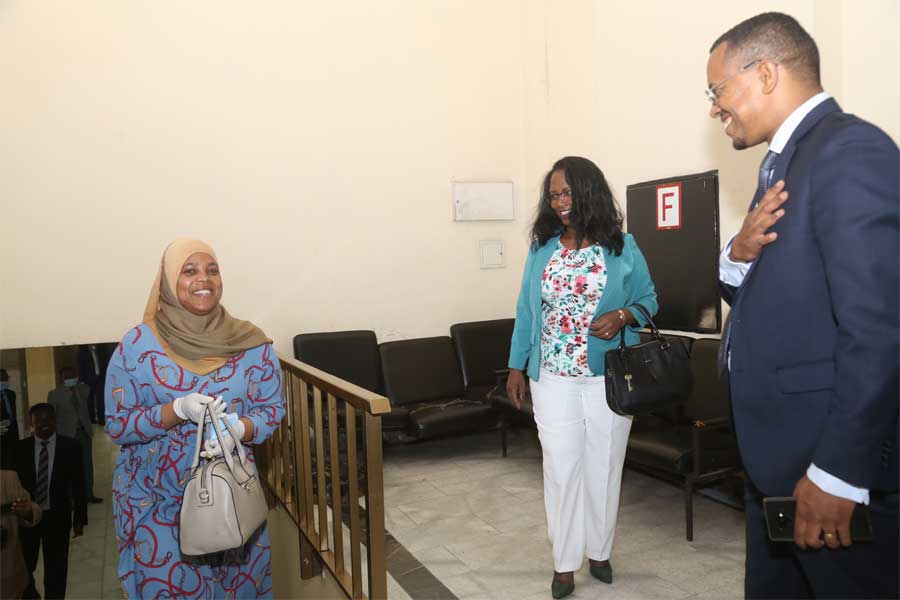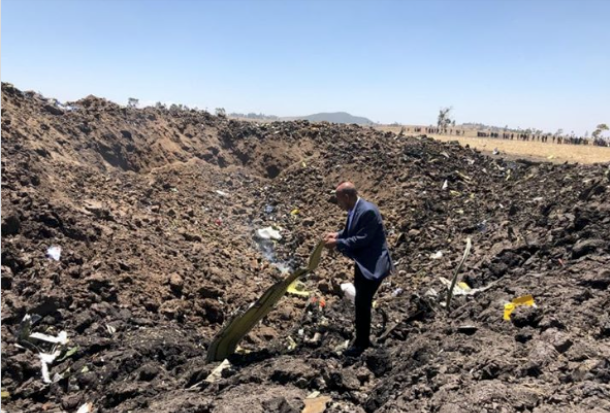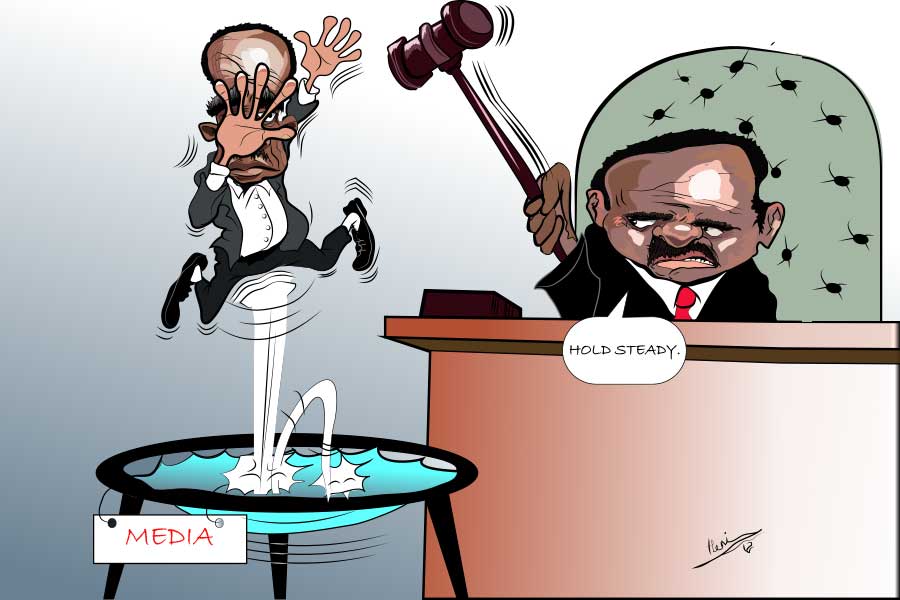
Radar | Mar 28,2020
Jul 18 , 2020
By Habtamu Girma
Ethiopia deserves its fair share from the Nile River. This should go without saying. There are enough resources in the Nile for it to be possible for a collective benefit to be derived from it. However, the rhetoric from Egypt on the subject of the River and Ethiopia’s hydroelectric project on it, the Grand Ethiopian Renaissance Dam (GERD), is a digression from this view and unhelpful for cooperation in the region.
Today, Egypt is mobilising its propaganda machines for misdirection, threatening the interests of Nile Basin countries. Crucially, Egypt’s insistence on the hegemonic utilisation of the resources of the Nile is a threat to the development plan of Ethiopia.
As a result, Egypt’s action is turning the Nile River into a curse rather than a blessing against the Basin countries, despite the wider room for the Nile to be a source of collective benefit and well-being. This is not just an attack against Ethiopia but the record the country has been able to secure on the international stage.
An important element of the fabric of any state is that strength of a country emanates not from its might in terms of material abundance or military arsenals, but within the certain abstract foundations for the existence of the state itself.
In terms of international relations, the strength of Ethiopia is a deep-rooted moral and spiritual foundation of the state against oppression and injustices against black people. A glance into world history tells us that Ethiopians are indeed endowed with the spirit to fight injustices not just for their own causes but also for the causes of those that are oppressed.
Our historic resistance and triumph against outside influence is an important facet of this. Ethiopians were the only black people able to defeat a European colonising power, Italy. Even in the post-colonial era, the role of Ethiopia in realising a just global order has been remarkable. Worth mentioning in this regard is the support of Ethiopia for oppressed peoples in South Africa, under Apartheid, and in Rhodesia, now called Zimbabwe.
On such battle lines, the efforts of Ethiopians were impressive, not in the arms we possessed or the resources we had, but in the rightness of the causes. Crucial to these pieces of history was that Ethiopia was on the right side.
Today, when Ethiopia is facing unfair treatment against its sovereign right to develop and use its natural resources, it is all the more important for the outside world to realise where we are coming from.
History is a good reminder that a superior military force and economic output do not always lead to victory. Low-income countries, from Vietnam and Haiti to Ethiopia, have proved that the militarily and economically superior country can be defeated with a strong determination for freedom and sovereignty. To be on the right side of the argument is an additional advantage to this.
Here, unity is indispensable. Ethiopia is facing unfair treatment over the sovereign right of the use of the Nile water by the likes of Egypt, the United States and the World Bank. It is very hard to push back against this by being disorganised and without being able to stand united to defend what we believe to be right. Ethiopians have to optimise all the available means and tools at their disposal and voice out their concern in this regard.
We will only be able to prevail in this challenge if we show that not only are we on the right side of the argument but that we are willing to fight for it as well. Our messaging should be a recall of the narrative we built during the mid-1930s in the face of the Italian invasion, when we insisted that injustice anywhere is an injustice everywhere.
The GERD controversy is a reminder of yet another example of injustice against a sovereign country that is weak economically and has a black majority.
This time, hopefully, the world is not as naïve.
PUBLISHED ON
Jul 18,2020 [ VOL
21 , NO
1055]


Radar | Mar 28,2020

Commentaries | Sep 08,2024

Life Matters | Jan 15,2022

Commentaries | Sep 17,2022

Radar | Feb 22,2020

Fortune News | Mar 11,2019

Fortune News | Jun 13,2025

Life Matters | Dec 10,2018

Editorial | Jul 18,2020

Commentaries | Sep 04,2021

My Opinion | 131970 Views | Aug 14,2021

My Opinion | 128359 Views | Aug 21,2021

My Opinion | 126297 Views | Sep 10,2021

My Opinion | 123912 Views | Aug 07,2021

Dec 22 , 2024 . By TIZITA SHEWAFERAW
Charged with transforming colossal state-owned enterprises into modern and competitiv...

Aug 18 , 2024 . By AKSAH ITALO
Although predictable Yonas Zerihun's job in the ride-hailing service is not immune to...

Jul 28 , 2024 . By TIZITA SHEWAFERAW
Unhabitual, perhaps too many, Samuel Gebreyohannes, 38, used to occasionally enjoy a couple of beers at breakfast. However, he recently swit...

Jul 13 , 2024 . By AKSAH ITALO
Investors who rely on tractors, trucks, and field vehicles for commuting, transporting commodities, and f...

Jul 5 , 2025
Six years ago, Ethiopia was the darling of international liberal commentators. A year...

Jun 28 , 2025
Meseret Damtie, the assertive auditor general, has never been shy about naming names...

Jun 21 , 2025
A well-worn adage says, “Budget is not destiny, but it is direction.” Examining t...

Jun 14 , 2025
Yet again, the Horn of Africa is bracing for trouble. A region already frayed by wars...

Jul 6 , 2025 . By BEZAWIT HULUAGER
The federal legislature gave Prime Minister Abiy Ahmed (PhD) what he wanted: a 1.9 tr...

Jul 6 , 2025 . By YITBAREK GETACHEW
In a city rising skyward at breakneck speed, a reckoning has arrived. Authorities in...

Jul 6 , 2025 . By NAHOM AYELE
A landmark directive from the Ministry of Finance signals a paradigm shift in the cou...

Jul 6 , 2025 . By NAHOM AYELE
Awash Bank has announced plans to establish a dedicated investment banking subsidiary...